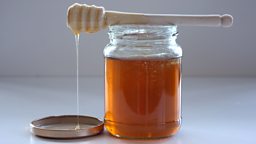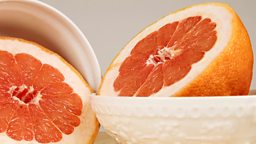What is Gout and how can I manage it?
Gout was once seen as a “rich man’s disease” and King Henry VIII was a famous sufferer.

However, it can affect anyone, and in recent years the number of cases of gout has been on the increase. This has been linked to a rise in obesity and an aging population.
Gout is a common form of arthritis affecting about 1 in 50 people in the UK. It can cause unbearable pain around the joints and for many the first sign can be pain in the big toe.
Other symptoms can include:
- The painful joint feeling hot and very tender. Even a bed sheet resting on it can be too much.
- Swelling around the joint
- The skin around the joint may be red and shiny
- Once the swelling goes down the skin may be peeling, itchy and flaky
What causes Gout?
Gout is caused by a build-up of a substance called uric acid in your blood.
Normally our kidneys get rid of it, but if our kidneys can’t do this fast enough or if the levels in our body are too high, crystals of uric acid can form.
These crystals tend to form around joints and when there are lots of them they can cause inflammation in the joint.
How can I reduce my risk?
For some people, genetics will play a role in gout as your genes will determine how well your kidneys can process normal levels of uric acid. But for others, weight and what you eat will play a role.
Larger bodies produce more uric acid, so if you are overweight or obese, you could be making more uric acid than your kidneys can process, and this can lead to a build-up. If you do suffer from gout, controlled gradual weight loss will help. Losing weight too fast through extreme diets can make the problem worse by increasing the levels of uric acid in the blood.
Sugary drinks will raise your risk, so fizzy drinks and fruit juices should be avoided. Drinking alcohol can also increase your risk so if you drink regularly, consider cutting back.
Foods which contain high levels of substances called purines (which the body breaks down into uric acid) should be avoided if you regularly suffer from gout. So while red meat and poultry are fine in moderation, oily seafood (anchovies, herring, mackerel etc.) and game (venison, veal or offal) should be avoided.
Instead, opt for skimmed milk, water, low fat yogurt and follow the general rules of healthy eating like eating more fruit and veg.
How can Gout be managed?
If you do develop gout in a joint, rest it and ice it. You can take Ibuprofen to manage the pain and reduce inflammation but unless you need to take Aspirin for another health problem, you should avoid it, as it can actually increase uric acid levels and make the gout worse.
If you do need to take Aspirin while suffering with gout, consult your doctor about appropriate doses and the best ways to manage the problem. Advice from the Gout Society, is that low doses (75mg daily) when prescribed for prevention of heart attacks should not increase your uric acid levels significantly and should be continued.
If gout persists, your doctor can help with ways to manage the pain better or by prescribing medication to control your uric acid levels.







































































